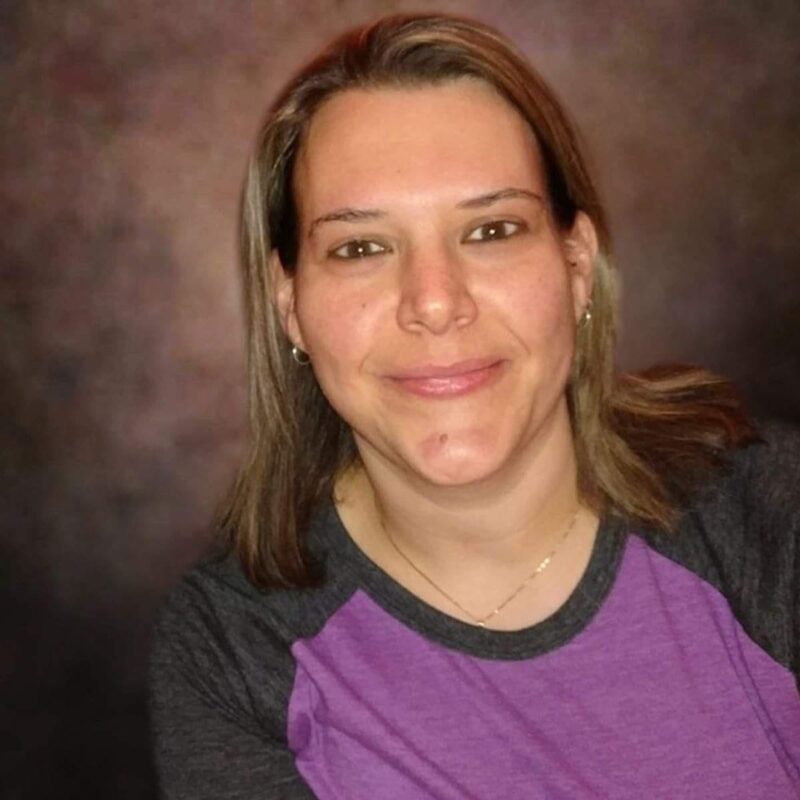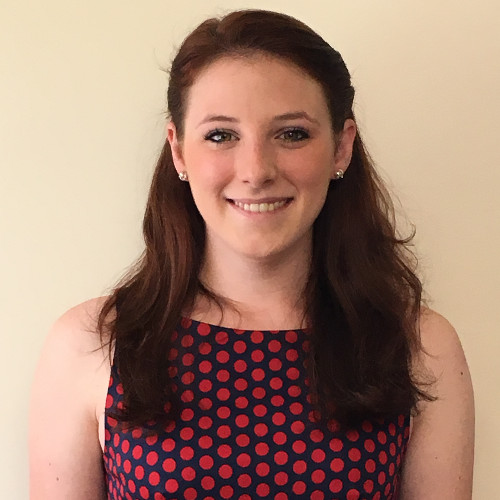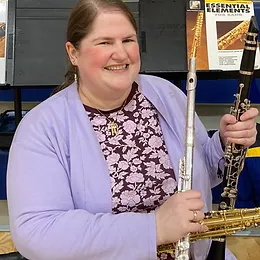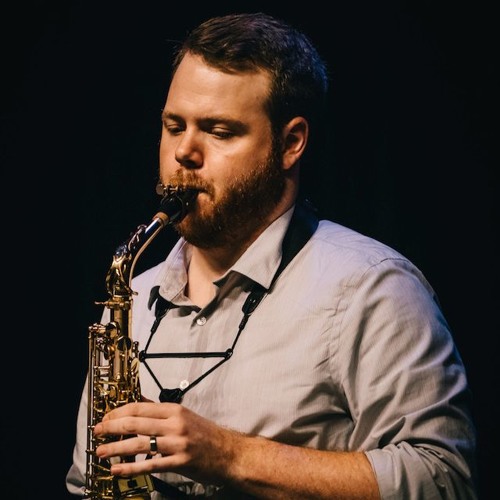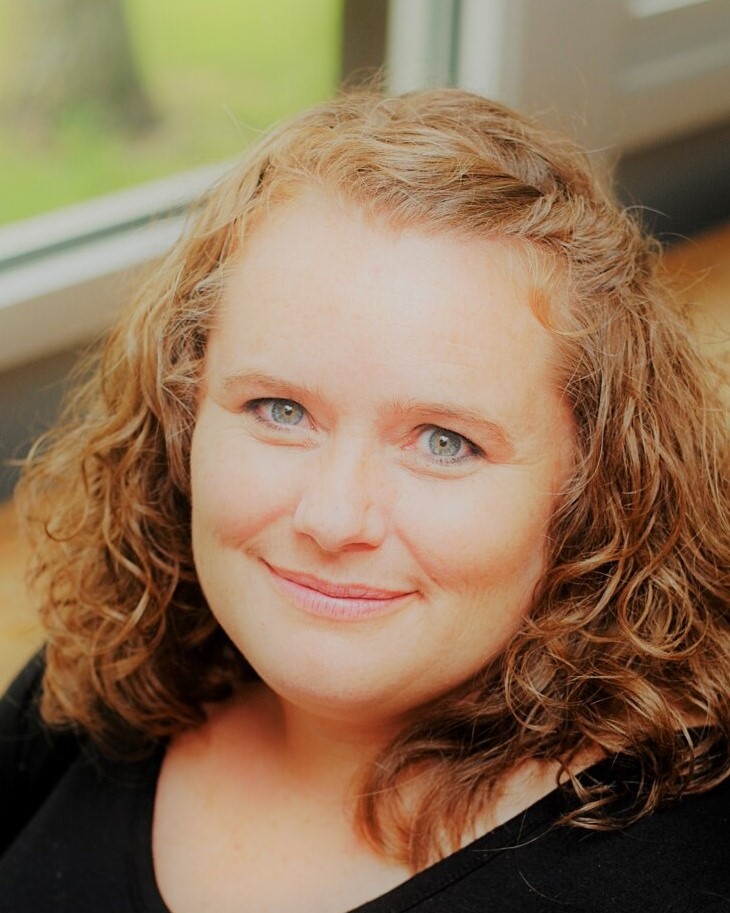Do you, your children, or members of your congregation want to learn the foundational music skills and knowledge necessary to participate in worship throughout your lives?
We want to help.
Practicing Musician has put together a team of worship pastors to develop an authentic worship music curriculum specially designed to teach beginning players how to play the instrument of their choice from the ground up and become a part of their worship team.
Courses in the curriculum: vocals | guitar | keyboards | bass guitar | drum kit
Affordable
Our innovative private lesson model is the most efficient and effective on the market. It’s also the most affordable at $900 for 48 weekly private lessons or $250 for 12. That’s 1/3 the price of traditional private lessons, which cost $60/hour on average! Our teachers have flexible schedules and share your values and goals.
Pay it Forward
We will incorporate the online multimedia worship music curriculum into our easy-to-use learning management system. All curricular materials will be provided to individuals for free, forever. In other words, your purchase will include all learning materials except an instrument and equipment. And by helping create a free curriculum, you pay it forward to families who cannot afford private lessons to use at their own pace and on their own time.
Standards-Aligned
Our worship music curricula’s scope and sequence development were overseen by the leaders of the teams that wrote the National Core Arts Standards and Model Cornerstone Assessments. This means you can rest assured that homeschooled students will receive an education aligned with the K-12 music standards.
You don’t have to sacrifice quality for affordability when it comes to you and your loved one's music education.
You don’t have to sacrifice quality for affordability when it comes to music education.
Practicing Musician provides a pathway to learning music
How private lessons works.
Summary of Foundational Learning Theories
The following is a summary of educational research on learning and teaching practice that has been founded on the most recent neurological brain-based research and applied in the Practicing Musician curriculum and micro tutoring model.
- Cognitive Load Theory: Tasks are designed to consider the extent of cognitive processing involved for learning and the relationship of new learning to prior understandings.
Read more
- The Myth of Multi-tasking: Each micro-lesson is designed to focus on one concept or skill at a time and develop it across multiple micro-lessons and experiences within each lesson to accelerate the conversion of short-term memory to long-term memory.
- Increased Saliency Theory: Curricular content and micro tutoring sessions are intentionally designed to be obvious for students as to what is to be learned and why it is important to learn it.
- Brain-based learning theory: Lessons are designed to recycle learning that occurs in multiple ways while increasing difficulty, complexity, and contextual application.
- Spaced practice: is designed for thorough incremental lessons of study and restudy over time.
- Retrieval practice: Curricular content and micro tutoring sessions are designed in a spiral format, intentionally revisiting concepts and skills across learning development to guide students toward developmental milestones as they implement continual improvement.
- Interleaving: Memory reconstruction is strengthened through knowledge, concepts, and skills being retaught in various ways and in multiple contexts creating a web of interconnected memory traces.
- Elaboration: Each video lesson has intentionally designed ‘how’ and ‘why’ questions guiding the retention of knowledge, exploration of meaning, and development of conceptual connections.
- Dual coding theory: is accomplished in the technology through video modeling, verbal description, and printed notation, and in the micro tutoring sessions through verbal and typed feedback and aural assessment of performance.
- Cognitive feedback: Expert music teachers provide feedback at each micro tutoring session to guide students to set goals, take action to achieve their goals, and self-analyze their actions within the context of each goal.
For a more detailed description of the learning theories Practicing Musician is built upon, including citations, click here.
Read less
Frequently Asked Questions
No. While we celebrate American musical heritage, we welcome international manufacturers who have contributed to American music education and culture. Yamaha, for example, has been integral to American school music programs for decades.
Absolutely. The tiers are starting frameworks. We work closely with Foundation Partners ($100K), Heritage Sponsors ($250K), Legacy Sponsors ($500K), and especially Presenting Sponsors ($1M+) to create custom partnership packages aligned with your brand objectives—whether that’s specific geographic focus, targeted demographic reach, unique content integration, or exclusive activation opportunities.
Category exclusivity is not a primary feature of the America250 partnership. Multiple partners can participate at different tier levels. However, Presenting Sponsors ($1M+) receive the highest visibility and can negotiate custom positioning arrangements to ensure their brand stands out.
We provide quarterly reports including:
- Student enrollment numbers and curriculum usage analytics
- Concert attendance figures and geographic reach data
- Media impressions (NPR, press coverage, social media engagement)
- School district partnerships and teacher adoption rates
- Video view counts with detailed demographic breakdowns
- Documentary production milestones and distribution updates
Core programming is already secured with $6M. Partner contributions enhance reach and scale, but the baseline program is fully funded and launching regardless.
Yes. Contributing and Official Category Partners can work with us on:
- Instrument demonstration stations at concerts
- Student instrument trial programs
- Master classes with your endorsed artists
- Behind-the-scenes content creation
Partnership announced immediately. Curriculum branding begins Q1 2026. Concert series launches summer 2026. Classroom adoption scales throughout 2026-2027 school year.



